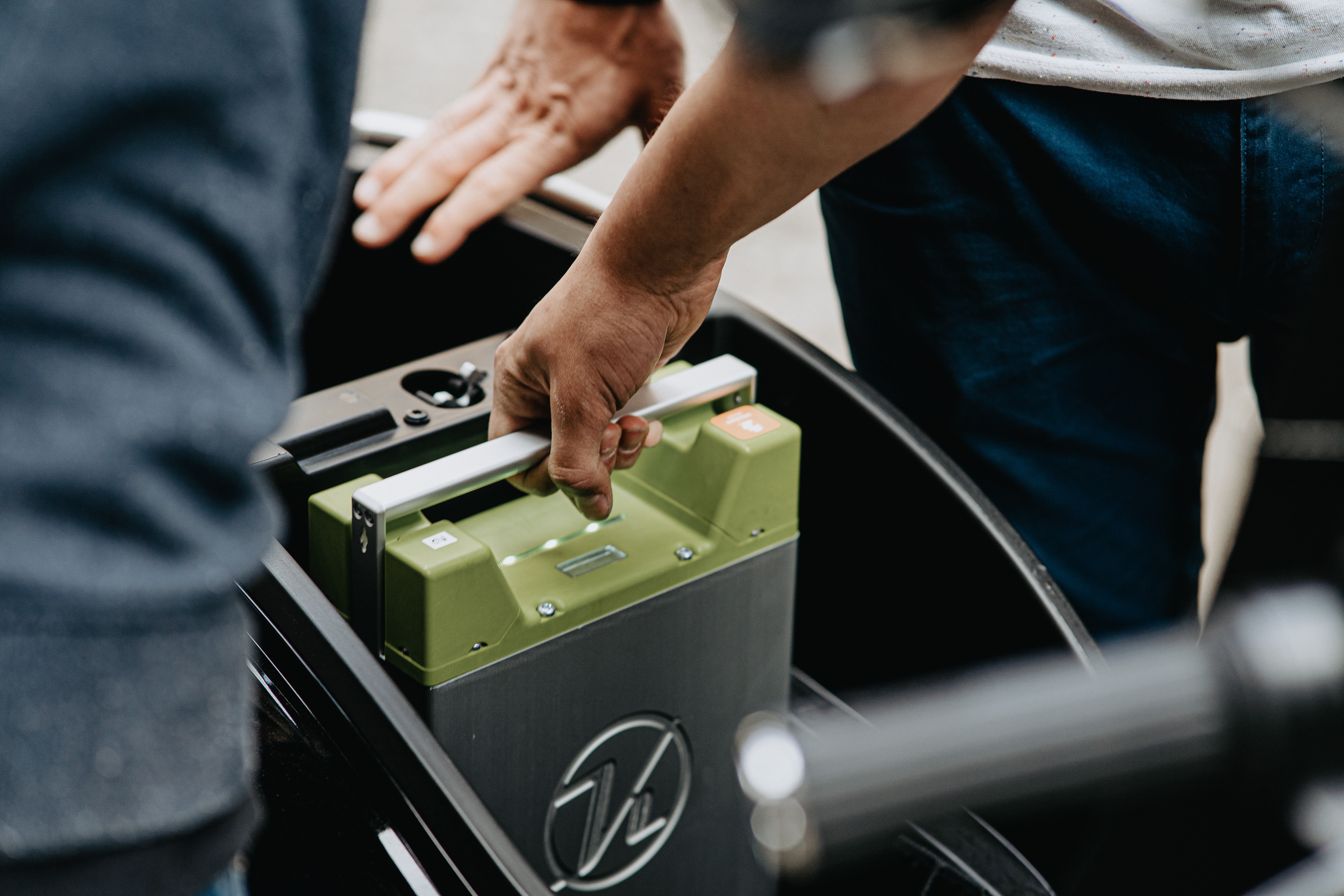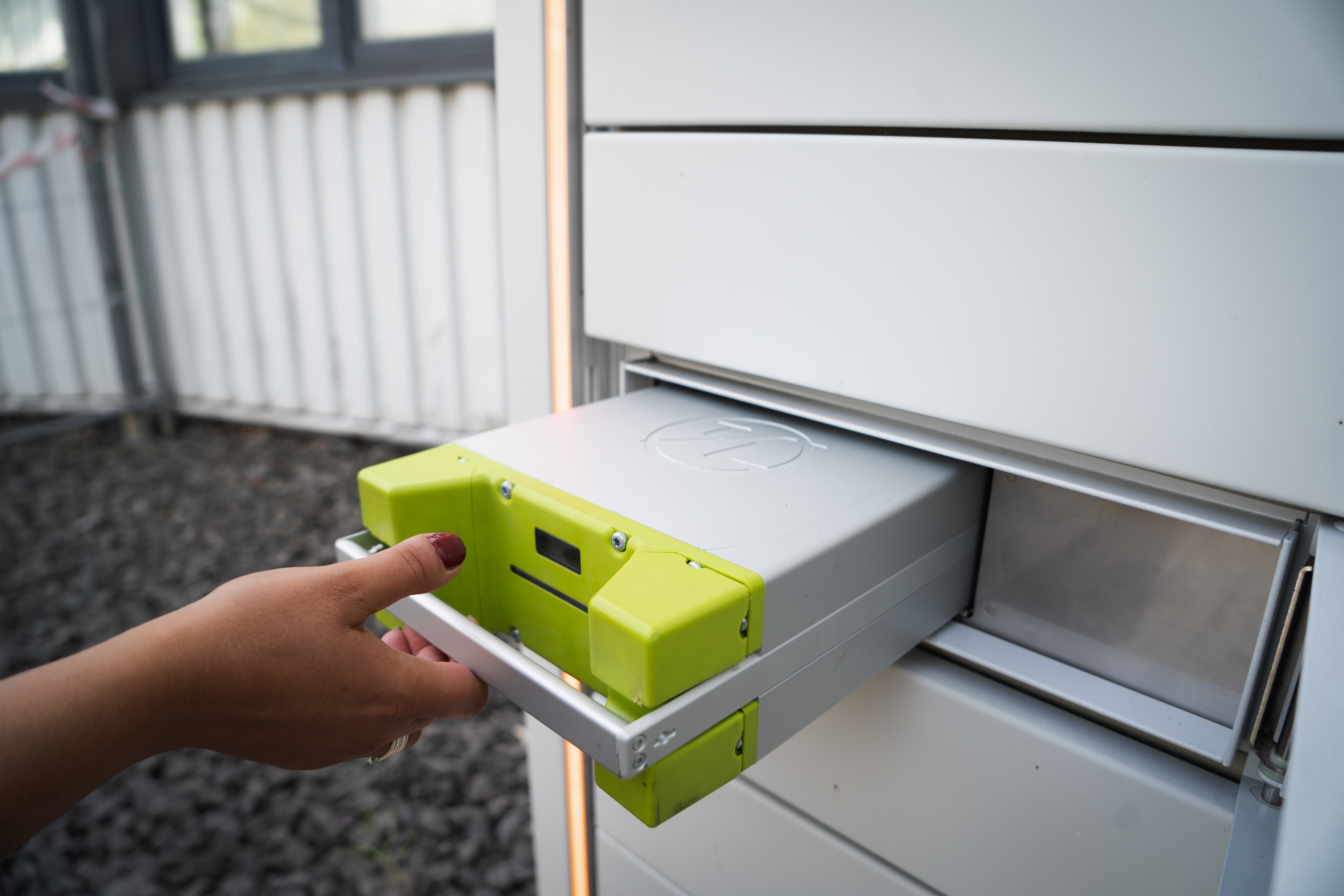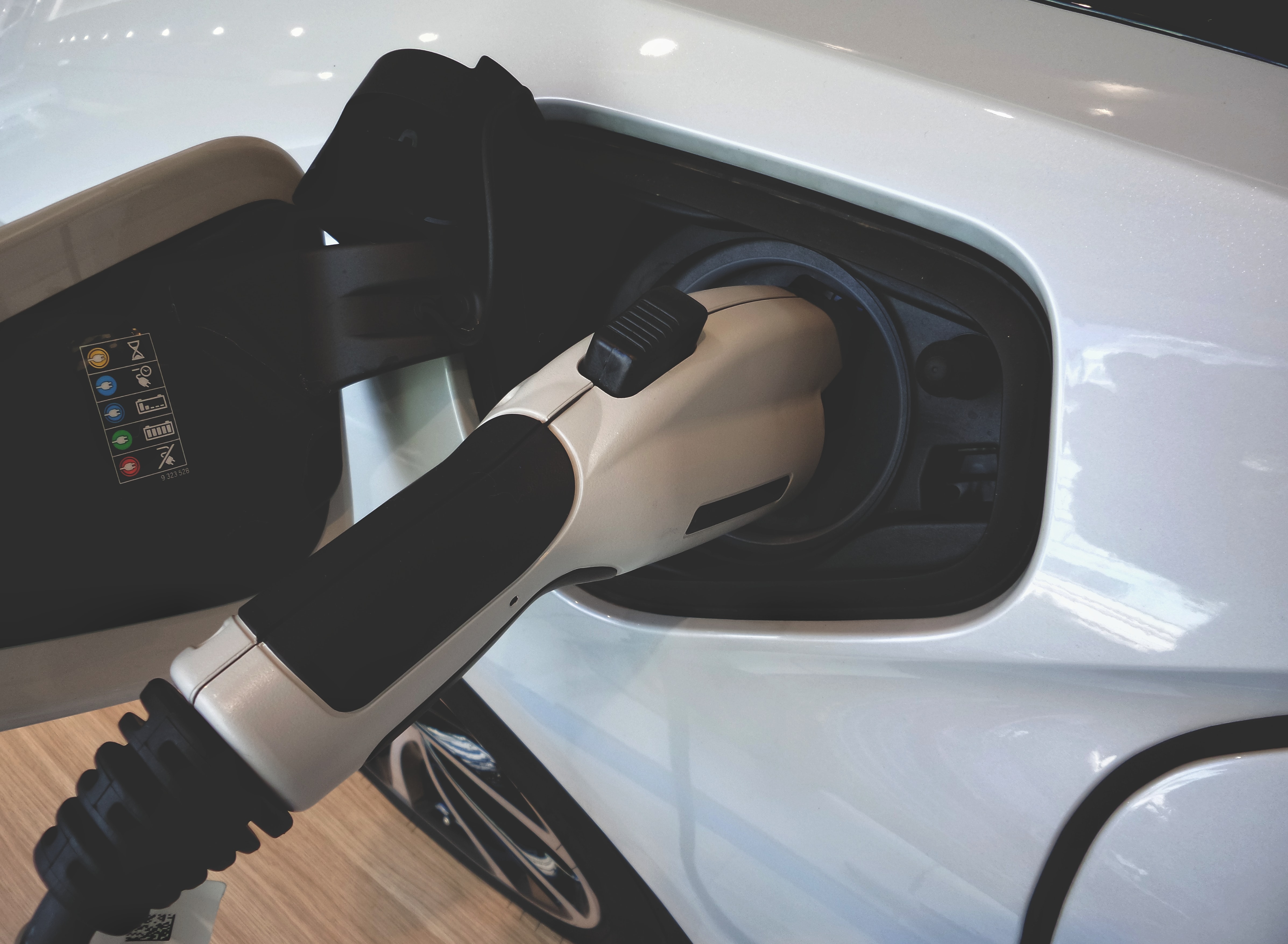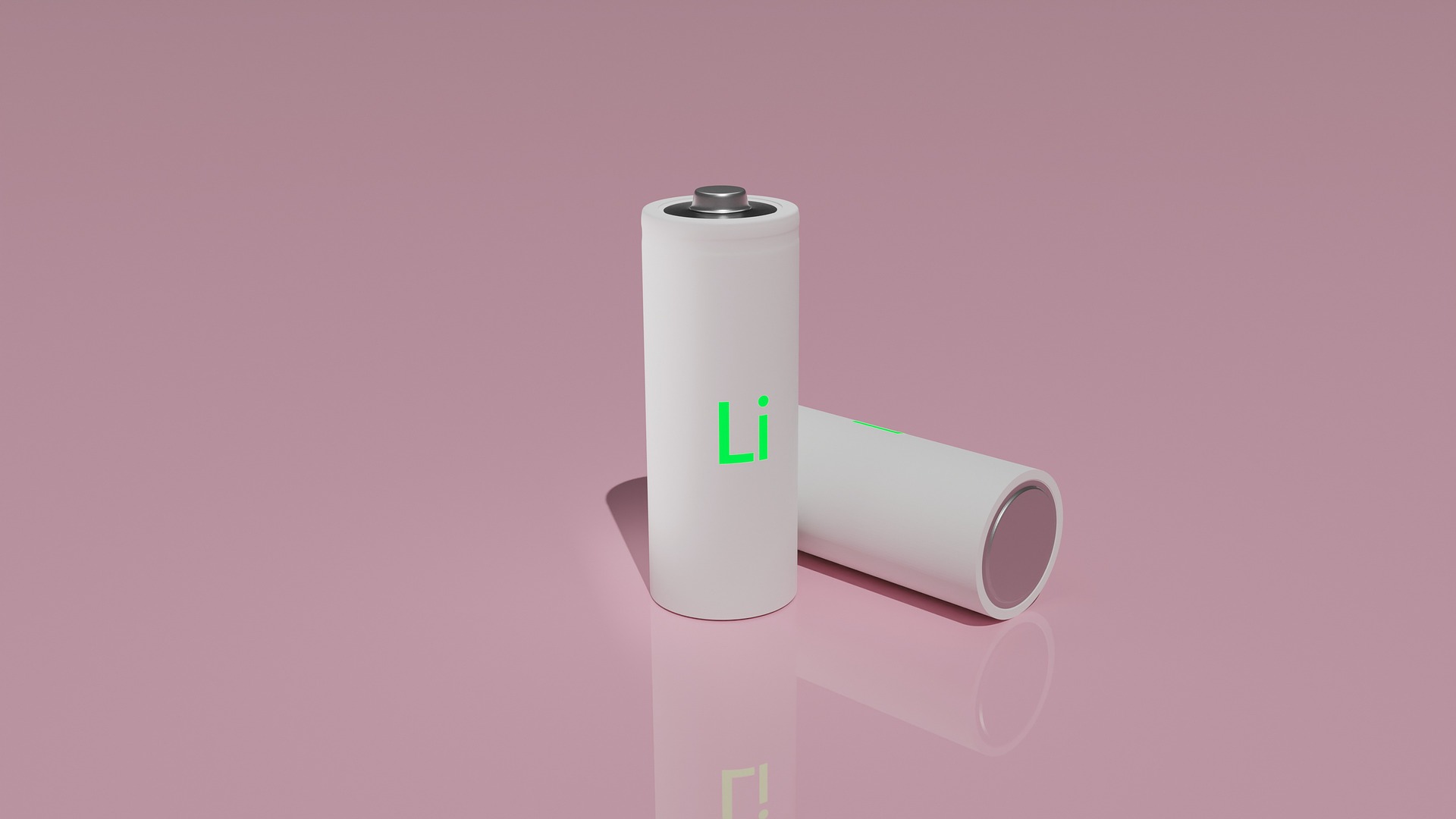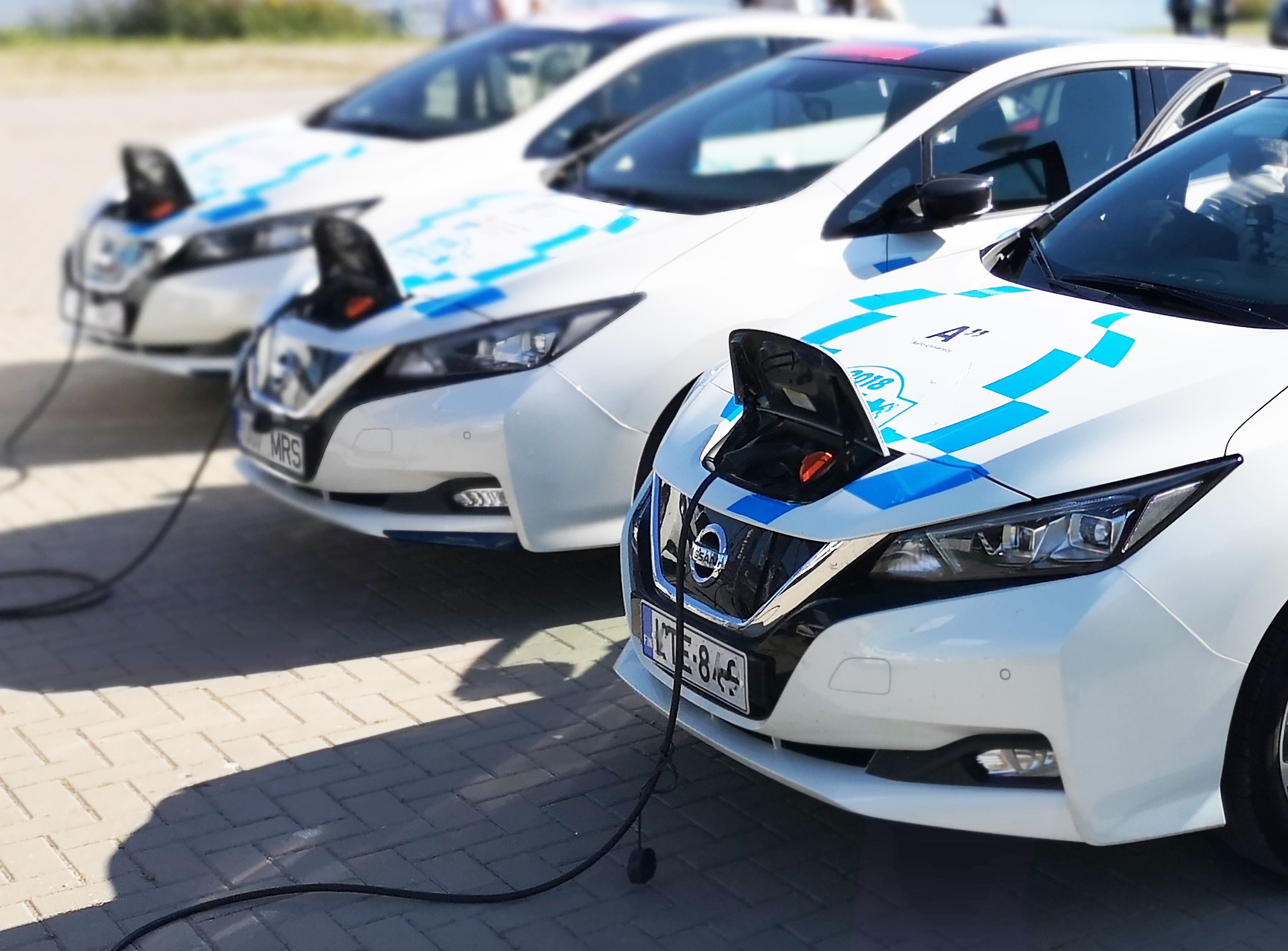
When we think about improving the performance of lithium-ion batteries, we’re often far too quick to consider technological improvements, updated electrolyte formulations, and other physical changes that can improve the energy density and overall performance of each battery.
What’s too often overlooked is the case for intelligent battery management systems that give users a smarter way of improving battery performance on the fly. These improvements can come in the form of software, analytics solutions, or intelligent algorithms that monitor battery performance and perform efficient thermal management on demand.
We’re going to look at all of these details as they relate to battery management systems (BMS) in lithium-ion batteries and what these improvements, coupled with battery testing, can mean for the future of Li-Ion use.
A Smarter Way of Improving Battery Performance
Materials development when it comes to lithium-ion batteries is a challenging endeavor, requiring significant funding, research and development personnel, and the ability to implement these improvements and bring them to life in the marketplace.
Fortunately, by making improvements to battery management systems (BMS), the challenges associated with materials development can be avoided altogether. Improved BMS can be implemented through analytics solutions, software, and intelligent algorithms, immediately improving battery performance and efficiency.
Software and Analytics Solutions
Software and analytics solutions are currently being developed to improve battery cycle life, charge times, the usable capacity of each produced battery, and battery safety. Qnovo is a company currently working on BMS improvements through software and analytics and has been able to achieve great results through the use of cell impedance measurements and battery use data of Li-ion cells.
Qnovo uses the data they collect to optimize charging protocols and battery usage in operation and also has the ability to expand into battery default detection with its BMS solutions.
Intelligent Algorithms and Efficient Thermal Management
Even though we frequently discuss these improvements as they affect electric vehicles, users of power tools and smartphones can significantly benefit from improved BMS. The OnePlus 10T has boasted a charge time of just 19 minutes for a 1-100% charge, partially being enabled through intelligent charging algorithms coupled with improved thermal management and control.
These systems have the ability to improve the way consumers utilize batteries on a daily basis, and also improve battery cycle life in the process – a win-win situation. BMS improvements are a way to positively impact all aspects of the cell development industry, including fast charging, cycle life, safety, and energy density.
Concluding Thoughts
While everyone is looking at technological improvements, brand-new electrolyte formulations, and physical design changes as ideal methods for improving lithium-ion battery performance, Li-Ion battery management systems (BMS) stealthily make their way into the mix and show staggeringly positive results.
Intelligent battery management systems are an ideal complementary tool to innovation and improvements in the physical design of Li-Ion batteries; they should preferably be used in conjunction with other performance improvement methods and strategies for maximum effect and long-term advancement.
To learn more about Li-ion batteries and battery management systems, schedule a consultation with Energy Assurance today.

